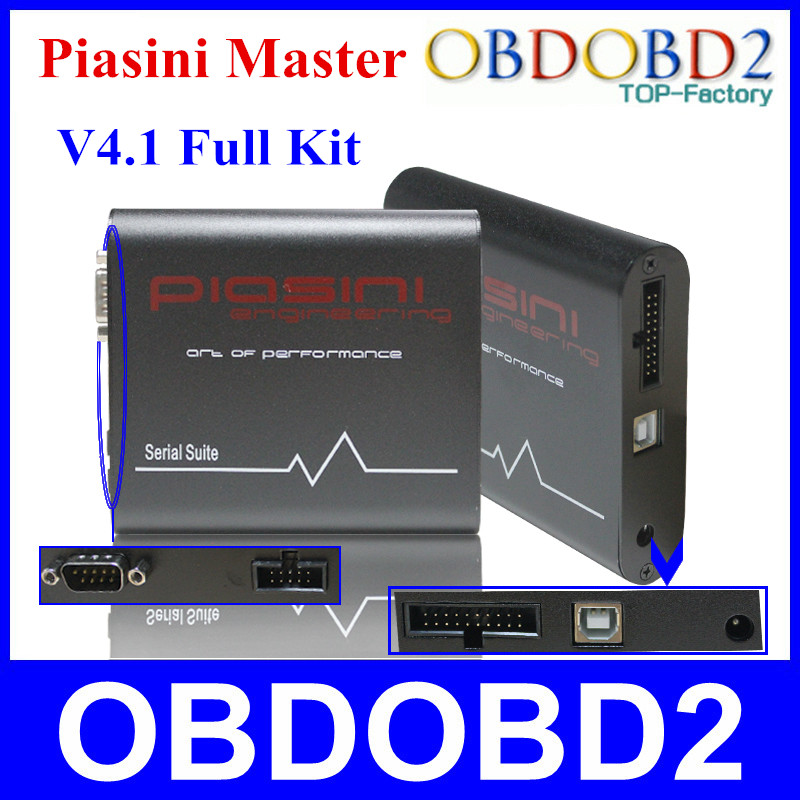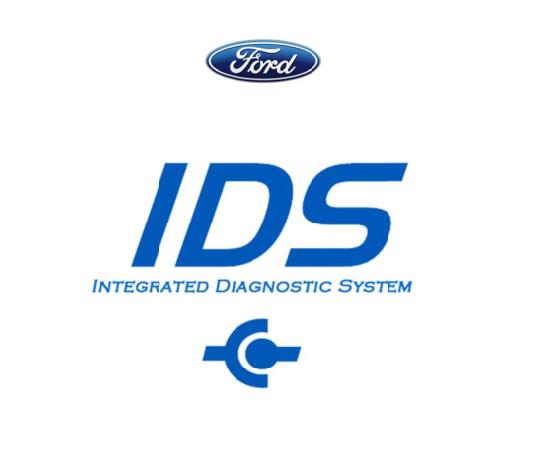
Ford Ids Software Hack
Ford IDS v101.05 + VCM II Manager v2.3.87.8 + Calibration Files v81 Win 3.71 GB The Ford Integrated Diagnostic System (IDS) will be the only equipment that provides complete diagnostic coverage of current and future Ford, Lincoln and Mercury vehicles in North America. The IDS package replaces the Worldwide Diagnostic System (WDS). The IDS application will perform the identical functions of the WDS and allows dealership technicians to diagnose and service Ford, Lincoln, Mercury vehicles.
As the new diagnostic tool, IDS will be required to perform diagnostics on future model year vehicles. One IDS Package is recommended for each WDS in the dealership.
Ava kanna partha ayyo amma video song download free. Ford IDS 104.01 can work on Ford VCMII, VCM IDS 3 and VXDIAG VCX NANO for Ford. Download this software Quick Loader to start and problem will be solved! Ford VCM2 and IDS are a guarantee. ABD is not unique to the APIM, in fact its used in many modules on the car. We are unable to manually change values We should be able to accomplish this without opening the dash up as the solution is within the software, not the hardware. I found a tool for the.
At EFF, we think people ought to be able to understand how their devices work and repair them without asking permission of the manufacturer. We also think independent repair companies should to be able to compete with manufacturers in the aftermarket. Simply put, you should be able to fix your stuff or choose someone you trust to do it for you. The Ford Motor Company, however, takes a different view. It recently sued Autel, a manufacturer of third-party diagnostics for automobiles, for creating a diagnostic tool that includes a list of Ford car parts and their specifications. Ford claims that it owns a copyright on this list of parts, the 'FFData file,' and thus can keep competitors from including it in their diagnostic tools. It also claims that Autel violated the anti-circumvention provisions of the Digital Millennium Copyright Act by writing a program to defeat the 'encryption technology and obfuscation' that Ford used to make the file difficult to read.
We’re pretty skeptical of Ford’s claims. Mere facts and data cannot be copyrighted, but sometimes a 'compilation' of data can be—if the selection and arrangement are sufficiently creative.

It seems unlikely that Ford broke new creative ground when deciding which parts to include in the database and the order in which they would appear. Ford does allege that it included fictitious part descriptions in the database, but that’s probably not enough to pass muster. After all, similar fictions were included in the phonebook that the Supreme Court found to lack originality in the leading case defining the limits of copyrightability for compilations,. Feist, the Supreme Court explained that compiling the names, towns, and phone numbers of all of a company’s telephone subscribers in alphabetical order was not sufficiently original for the compilation to be copyrighted. It explained that alphabetical ordering was “commonplace,” and that the “selection” of all current subscribers and basic information about them was not a creative decision.
Without seeing the FFData compilation, we can't be sure whether or not it is creative enough for copyright coverage. Of course, even if we had a copy of the file, under Ford's theory we couldn’t look at it without running afoul of the DMCA. And that points to a deeper problem. When the Supreme Court recognized the copyrightability of creative data compilations, it noted that people are free to copy the facts out of such a work as long as they don't copy the creative elements of selection and arrangement. But because the DMCA restricts access to a work in the first place, this important limitation on copyright's scope does not apply in circumvention cases, according to most courts' interpretation of the DMCA. If a data compilation is copyrightable, then people are not free to extract non-copyrightable facts from the work, look at the work to figure out whether it is copyrightable, or access the work for other legitimate purposes such as news reporting, scholarship, and remix. Copyright should not be a general-purpose tool for suppressing competition in the aftermarket.